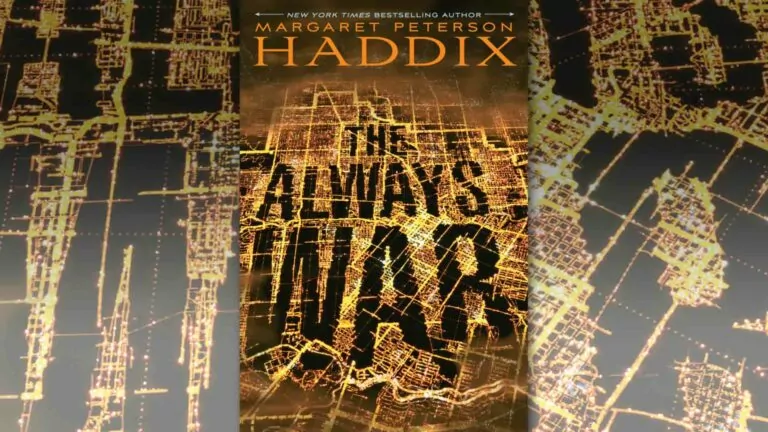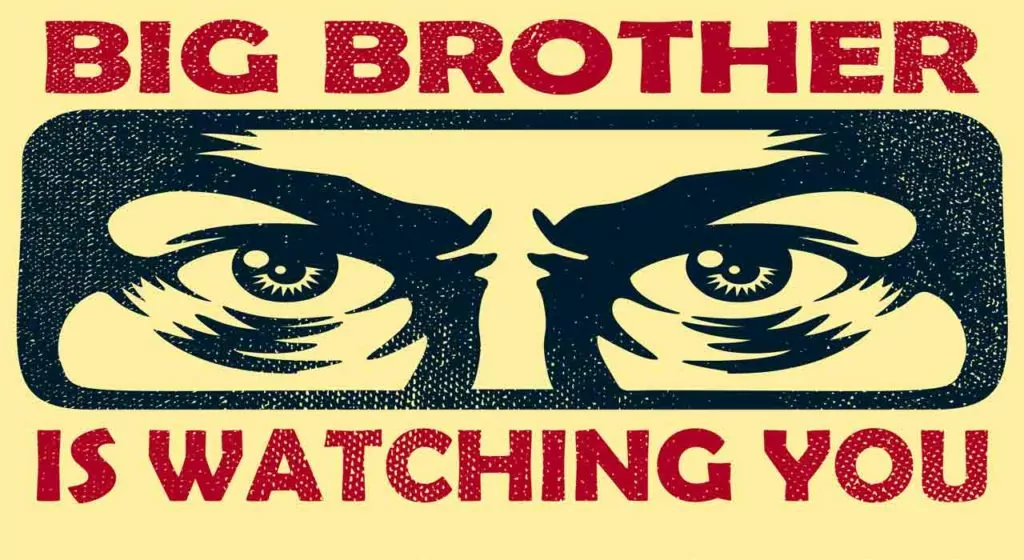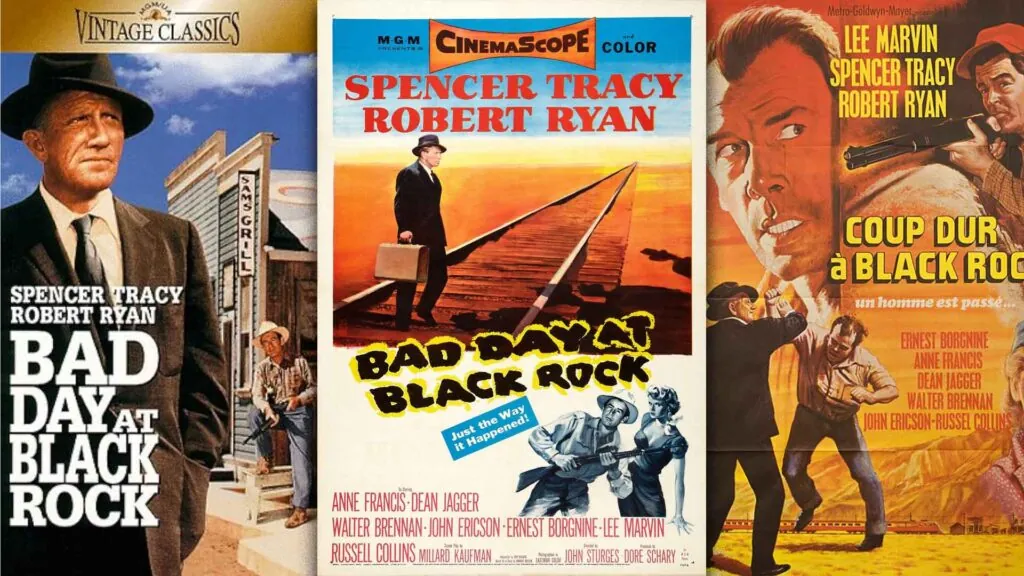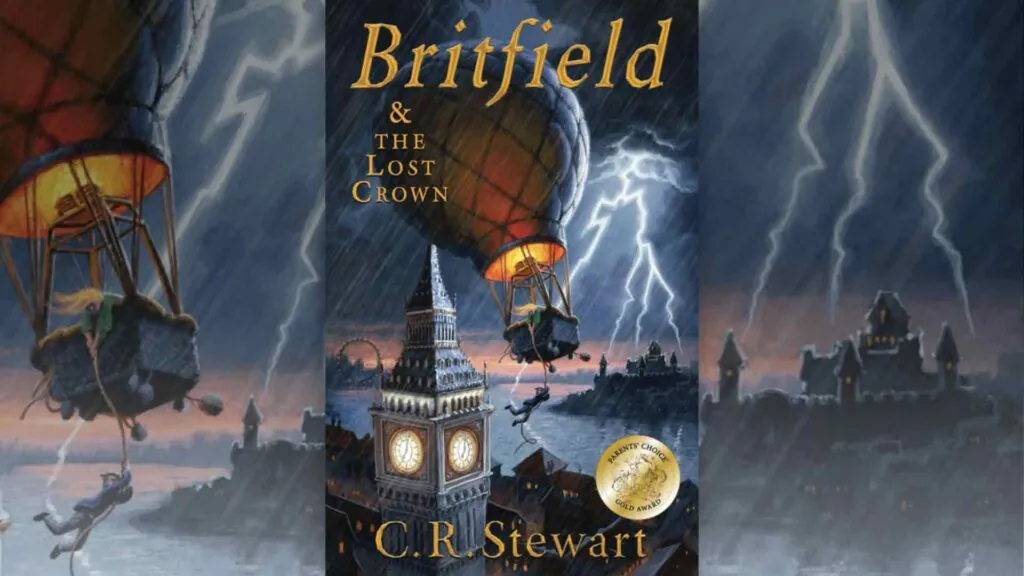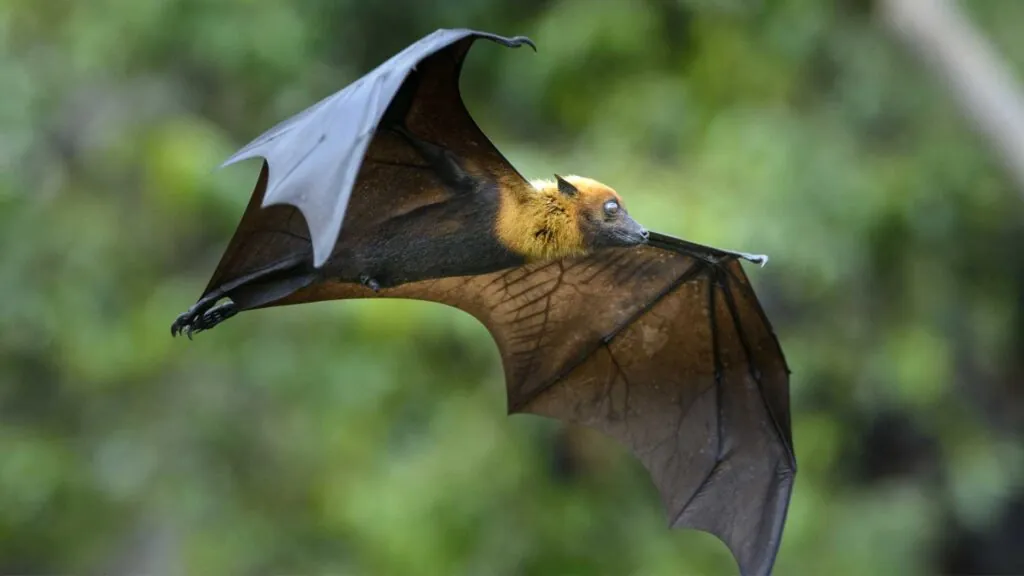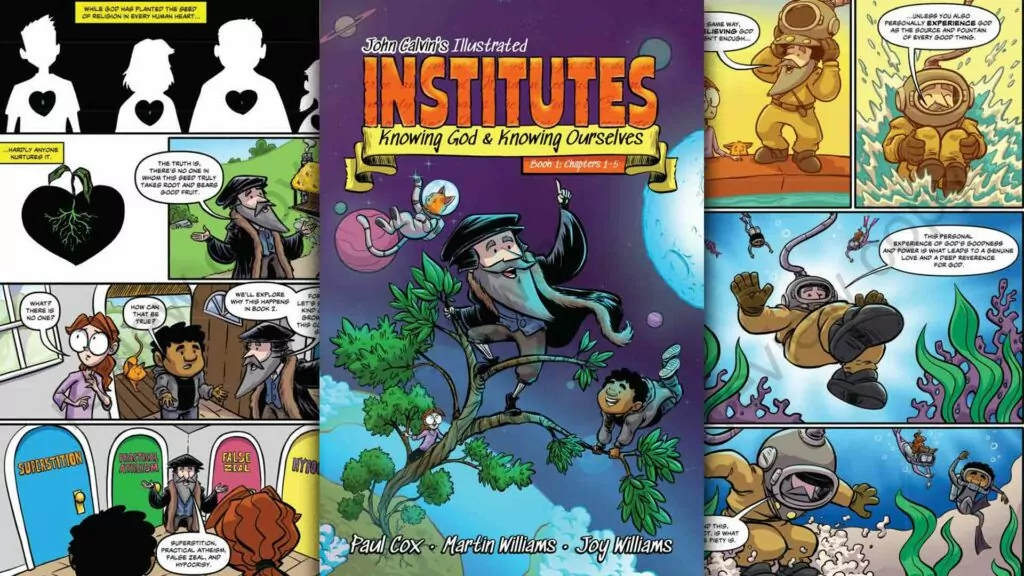Why is dystopian fiction worth reading?
In dystopian fiction we get a glimpse at some sort of looming, foreboding future: maybe it's humans devolving into separate castes (H.G. Wells' Time Machine), mass infertility threatening the end of mankind (P.D. James's The Children of Men), a domineering government repressing all but the elite (Glenn Beck's Agenda 21), or maybe killer robots overrunning the planet (Terminator).
The word dystopia is coined from Ancient Greek and means simply "bad place." What makes this a genre worth considering is because the best dystopian fiction is prophetic in nature, warning us of the dangers of a particular ideology (or practice) by showing us the "bad place" we will end up at if we adopt it. Thus there are as many sorts of dystopian novels as there are ideologies.
But not all of the warnings given are…credible.
Far from prophetic
The Canadian "classic" novel and current Netflix hit The Handmaid's Tale warns of a world in which the government uses the trappings of the Christian religion to sexually enslave women. That is so far from where we are, or could conceivably head, that the book isn’t useful – the author is completely wrong and there are no insights to gain from her. (That hasn't stopped the Left from embracing the novel, pretending that Trump's presidency is its very fulfillment.)
That lack of credible threat is a problem with many of the teen fiction dystopian series (The Maze Runner, Divergent, and The Hunger Games) that have appeared over the last decade. They might be entertaining, but they aren't prophetic. If we look hard enough we might be able to find something, like The Hunger Games' warning against folks killing and getting killed for the entertainment of the masses. That does have relevance in a culture in which brutal MMA fights are now watched by millions (including ones in which women pummel women) and the NFL remains must-see TV even though it leaves most participants crippled in one way or another. But does that make The Hunger Games worth reading? No. Most teens aren’t likely to make that connection. More importantly, the series presents a dilemma that's likely to confuse its teen audience – the "hero" seems like she will have to either murder others or be murdered herself. Mature Christian will understand that it is better to suffer evil than to commit it, but will younger readers?
Two that are each half right
So what books do warn of credible threats? The top two would have to be:
1984 - Author George Orwell warns of the State using authoritarian power to so totally subjugate us that, if they insist, we'll say that 2+2 is 5...and believe it! If the idea of the State reconditioning people to spout obvious lies sounds too extreme to be credible, just consider what's happening to people today who say there are only two genders, there's no switching from one to the other, and you need one of each for marriage. Obvious truths, one and all, but if you say them – and we must – Big Brother will want to have words! Imagine what it might look like in ten years' time.
Brave New World - Aldous Huxley warns of the State enslaving us not by force but by pleasure. Pain is taken away via the drug soma leaving the population in a generally happy stupor. Some clear parallels can be made to our meek, sheep-like society. Our cradle-to-grave State care leaves us dependent on the government to run more and more of our lives and that's how we like it. And our smartphones, Netflix accounts, opioids, and Twitter feeds leave many citizens in a soma-like stupor – celebrity-aware but politically-illiterate.
These two books cover both sides of how we’re being hit today – the carrot and the stick. As Neil Postman put it:
What Orwell feared were those who would ban books. What Huxley feared was that there would be no reason to ban a book, for there would be no one who wanted to read one.
Orwell feared those who would deprive us of information. Huxley feared those who would give us so much that we would be reduced to passivity and egotism. Orwell feared that the truth would be concealed from us. Huxley feared the truth would be drowned in a sea of irrelevance. Orwell feared we would become a captive culture. Huxley feared we would become a trivial culture, preoccupied with some equivalent of the feelies, the orgy porgy, and the centrifugal bumblepuppy.
As Huxley remarked in Brave New World Revisited, the civil libertarians and rationalists who are ever on the alert to oppose tyranny "failed to take into account man's almost infinite appetite for distractions." In 1984, Orwell added, people are controlled by inflicting pain. In Brave New World, they are controlled by inflicting pleasure. In short, Orwell feared that our fear will ruin us. Huxley feared that our desire will ruin us.
The credible threat here isn't from one approach or the other, but from both together.
A caution: both books have sexual content.
While both books have sexual content, in 1984 it is shorter and boring – there isn’t much pleasure taken in it. (And that’s the point; the government doesn’t want sexual ties creating divided loyalties, so they’ve done what they can to make it boring). A great G-rated 1954 film-version does away with the sexual content, so it could be shared with older teens with little worry, while the book might require more maturity.
But Brave New World, with its focus on the enticements of pleasure, has more sexual content, and while it's still not explicit, it might be something that a hormone-riddled teen boy could struggle with. The rating site Common Sense Media (family-friendly, but not specifically Christian) suggests that 1984 is for 16 and up, and Brave New World would be for 14 and up, but I would reverse those and maybe even hold off Brave New World for Grade 12 and up. (Interestingly, the kid's reviews on Common Sense Media also rates Brave New World as more problematic than 1984).
Other warnings worth hearing
In the other books, and films, that fill out this genre, the most common threat is probably killer robots (2001: A Space Odyssey; Prey; Terminator; The Matrix; etc.). Technological advances mean there’s a legitimate reason for concern here, but it shouldn’t be our principal concern. We differ from the world in that we understand that we should not fear “them that kill the body, but are not able to kill the soul” (Matt. 10:28). Our true battle is:
not against flesh and blood, but against the rulers, against the authorities, against the powers of this dark world and against the spiritual forces of evil in the heavenly realms (Eph. 6:12).
What Paul means here by “flesh and blood” is Man and all his deadly weapons...including killer robots. But if that's not where the real battle is at, then where should we focus our attention? Our concern is the Devil and all the means he uses – including false ideologies and philosophies – to confuse our understanding of God, or pressure us to reject Him, or try to keep us from learning about Him.
With that in mind, some credible threats worth considering include:
Lord of the Flies - William Golding warns us not to be naive about our sinful nature; Man, left to his own devices is no angel.
The Giver - Lois Lowry warns again enforcing sameness in the name of equality (it is aimed at young readers, but adults can enjoy and be challenged by it too).
Time Will Run Back - Henry Hazlitt warns against Communism specifically, but socialism in general. This would be for older teens, not because of problematic content (this is far "safer" than Brave New World or 1984) but simply because of the depth and breadth of the ideas therein. This is my own favorite dystopian novel because I found it by far the most educational.
Fahrenheit 451 - Ray Bradbury warns of censorship, though I wonder if the type of censorship he warns about is far less likely than the creeping political correctness we actually face. There is content here too problematic for younger readers to handle.
Winterflight - Joseph Bayly takes us to a not-so-distant future in which abortion for disabled children is mandatory, euthanasia is compulsory soon after 75, and Christians are so confused about Romans 13 they think God wants them to submit to even these demands (the Christian confusion in this book is almost too spot-on to take).
Fatherless, Childless, Godless - James Dobson’s 3-book series warns against abortion’s results - a shrinking population. (One thing that bothers me about this series is how it occasionally takes God's name in vain. That happens in other books listed here too, but they aren't by Christian authors, and I expect more from Dr. Dobson.)
This is a genre well worth exploring, though with care and caution. It's a big blank canvas that insightful writers can use to paint pictures of grim futures, all in the hopes that they, and we, will ensure such futures never come to be.
Discussion questions
With thanks to my brother Jeff, here are some discussion questions that can be used in groups or on your own to dig deeper into any dystopian novel.
What is the threat the novel suggests will lead to the situation in the novel?
How credible is this threat?
If the threat is not credible, what might be a more likely or relevant threat in our own society?
If the threat is credible, how do we see that threat in our society today?
How does the novel suggest or imply we should prevent or deal with the threat? What might be a better way to prevent or deal with the threat?
What does the novel suggests is the good aspect of our world being threatened? Is the novel right about that being a good aspect?
Using the CREATION-FALL-REDEMPTION structure how does the novel's worldview compare and contrast to our Biblical understanding? What is the story's take on our purpose (Creation), on what is wrong with the world (Fall), and how we are to be saved (Redemption)?
CREATION: Who does the author or narrator/protagonist think set up this ideal world that was somehow lost? Do they acknowledge God as the creator? Or do they idealize (or idolize) one of God’s gifts as more important than God Himself?
FALL: Who or what caused the loss of the ideal world? Greed? The government? A particular ideology? Man's nature?
REDEMPTION: What does, or could, bring the ideal world back? Is God in Christ seen as necessary, or is some other solution offered completely outside of God’s help.
This article first appeared in the November/December 2019 issue....







